If President Trump insists on meeting Kim Jong-un, he must be prepared either to agree to a long negotiating process that will play into Kim’s hands, or to walk away from the table, writes Evans Revere. Faced with these options, the prudent choice might be to press the “pause” button. This piece originally appeared on Newsweek.
President Donald J. Trump’s upcoming summit with North Korean leader Kim Jong-un will be an historic encounter between two supremely self-confident, headstrong, and mercurial men, each seeking the other’s surrender.
The irresistible force of Donald Trump, whose administration has declared it will never accept, allow, or tolerate a North Korean nuclear threat to America, will soon meet the immovable object of a North Korean regime that has declared it will never give up its nuclear weapons “even in a dream.” What could possibly go wrong?
President Trump agreed to the summit on a whim, surprising his advisers and the South Korean envoys who conveyed Kim Jong-un’s invitation. Had he discussed the invitation with his advisers first, he would have heard that Kim’s reported interest in a deal on “denuclearization of the whole Korean Peninsula” is nothing of the kind.
Those who have negotiated nuclear matters with Pyongyang know that Kim’s words were a familiar North Korean demand to end the “threat” posed by the U.S.-South Korea alliance, the presence of U.S. troops in Korea, and the nuclear umbrella that defends South Korea and Japan.
A senior North Korean official once explained to a group of American experts, “If you remove those threats, we will feel more secure and in ten or twenty years’ time we may be able to consider denuclearization. In the meantime,” he continued, “we are prepared to meet with you as one nuclear weapon state with another to discuss arms control.”
That is North Korea’s concept of “denuclearization.” It bears no resemblance to the American definition.
It’s no wonder that veterans of U.S. nuclear talks with Pyongyang have been troubled by President Trump’s eagerness to talk to Kim Jong-un about “denuclearization,” especially since he seems convinced this long-sought goal may be within reach.
Experts have questioned whether the president fully appreciates that Kim has no intention of giving up the nuclear weapons his regime has struggled and sacrificed so much to build, and which play a central role in Pyongyang’s survival strategy. North Korea will not give up its nuclear weapons easily, if at all. As Kim Jong-un declared on January 1, 2018, North Korea has “at last come to possess a powerful and reliable war deterrent, which no force and nothing can reverse.”
Kim Jong-un travelled to Beijing on March 26 to get China’s support before his summits with South Korean President Moon and President Trump. He offered Chinese President Xi Jinping the same assurances about the “denuclearization of the whole Korean Peninsula.”
The Chinese, noted experts on North Korean rhetoric, understood these were empty words. But Xi Jinping also knew that Seoul’s and Washington’s willingness to open negotiations based on insincere promises would reduce tensions on the Korean Peninsula and prevent, at least for now, China’s nightmare—a military conflict on the Korean Peninsula.
China was also prepared to bless Kim Jong-un’s game plan because it shares North Korea’s hope to dismantle the U.S.-South Korea alliance. For all the difficulties in China-North Korean relations in recent years, Beijing and Pyongyang remain strategic bedmates when it comes to the U.S. “threat.”
Xi Jinping was also pleased that Kim Jong-un declared the need for South Korea and the United States to “create an atmosphere of peace and stability” and to take “phased, synchronized measures to achieve peace.” In plain English, the first phrase aims to get Washington and Seoul to ease sanctions, reduce military exercises, and ease the pressure on Pyongyang—all steps China favors.
But the second phrase speaks ominously to Pyongyang’s intentions. North Korea wants to resuscitate the approach it pursued in every previous nuclear negotiation: Launch a lengthy, complicated negotiation to get agreement on actions each party must take, and use this process to buy time for the development of the North’s nuclear weapons program.
Kim Jong-un’s game plan is a familiar one.
Kim Jong-un’s game plan is a familiar one. It is tainted old wine in old bottles. But this time, the North Korean leader is offering to pour it himself, in the hope that President Trump will find it as palatable as his predecessors did.
By now, the president has been briefed on Kim’s game plan and understands the challenge he faces. His new national security team, who have no illusions about North Korea, may try to convince him to cancel or postpone the summit, urging him instead to ramp up the pressure on Pyongyang so that it has no choice but to yield on denuclearization.
But if President Trump insists on meeting Kim, he must be prepared either to agree to a long negotiating process that will play into Kim’s hands, or to walk away from the table, admit failure, and look at other options, including the use of military force—a step he has previously threatened and one that would lead to a disastrous second Korean War.
Faced with these options, the prudent choice might be to press the “pause” button.
The Brookings Institution is committed to quality, independence, and impact.
We are supported by a diverse array of funders. In line with our values and policies, each Brookings publication represents the sole views of its author(s).

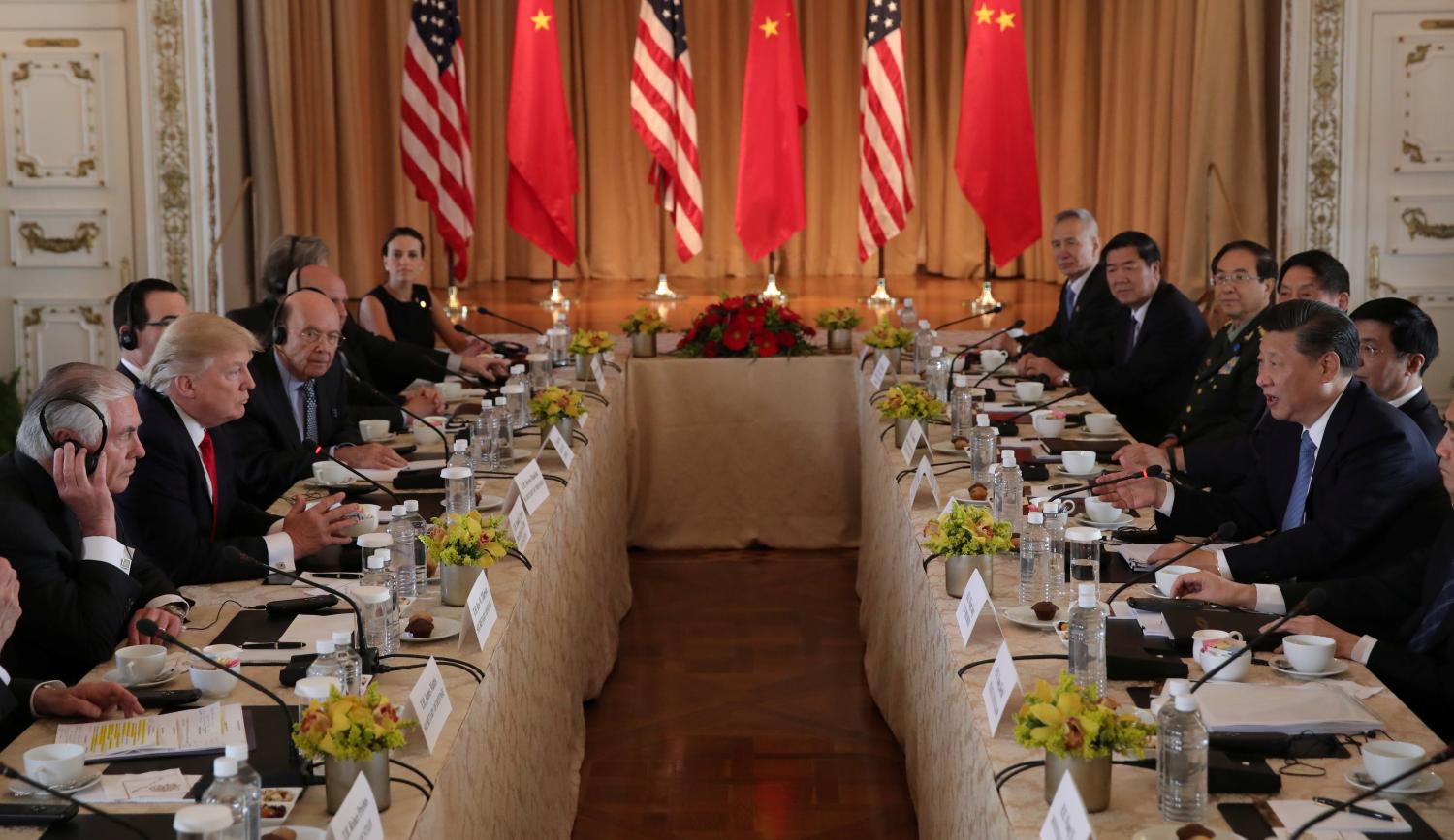
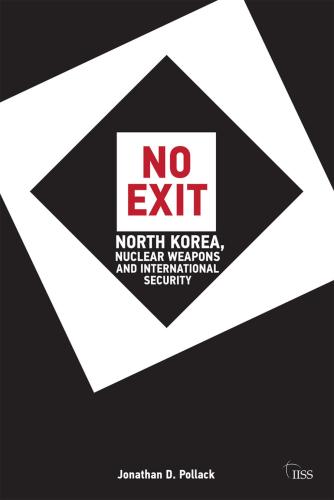
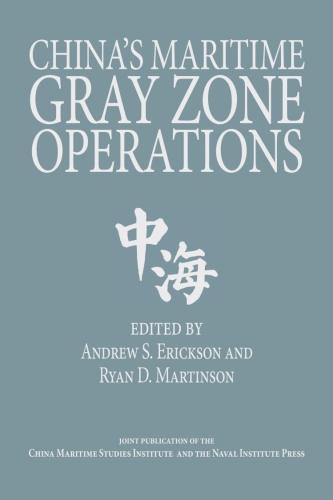

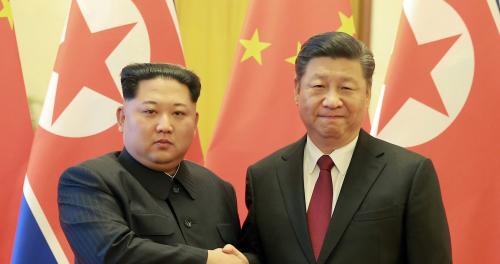
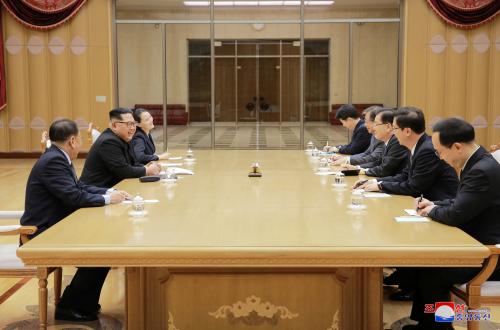
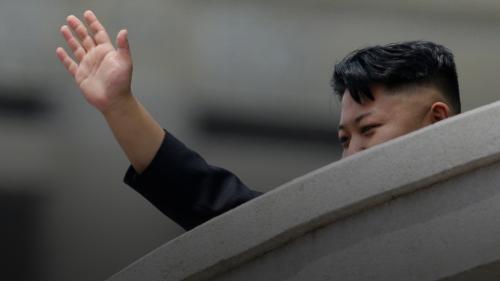


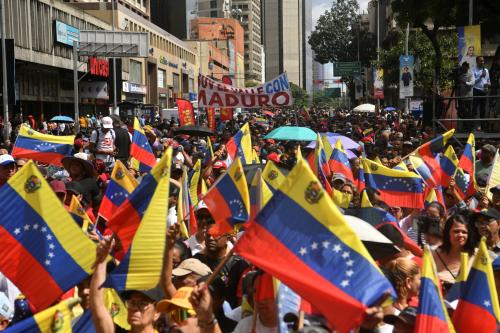
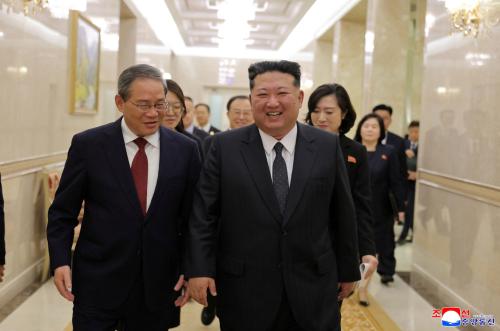
Commentary
Kim Jong-un will not give up North Korea’s nuclear weapons
April 9, 2018